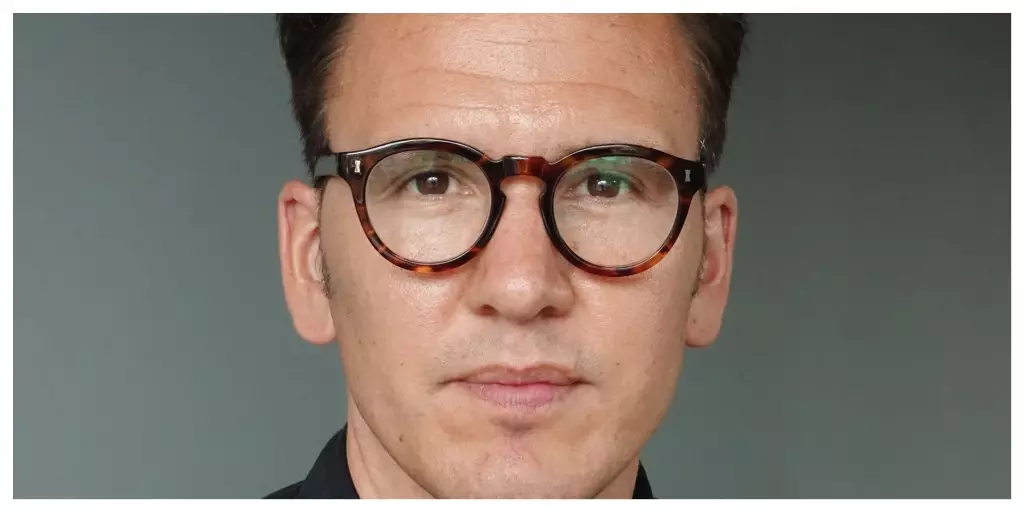Karl Warner’s recent appointment as Executive Vice President of UK Entertainment and Digital Development at BBC Studios marks not just an individual career transition, but potentially a transformative moment for the BBC. Returning to the BBC after a decade-long hiatus, Warner comes equipped with a wealth of experience that could greatly enhance the BBC Studios Global Entertainment division. His task is monumental: to innovate new intellectual properties (IPs) and formats that can thrive within the British broadcasting landscape and abroad.
Warner’s background is deeply entrenched in British television, having held pivotal roles at both the BBC and Channel 4, where his influence on youth-oriented programming and digital developments was significant. His history with prestigious shows, such as overseeing the return of “Strictly Come Dancing,” demonstrates his capability to resonate with audiences. This existing knowledge of audience preferences positions him favorably to lead new initiatives aimed at reinvigorating the BBC’s entertainment portfolio.
At the heart of Warner’s new role lies the ambition to develop a creative hub that stretches beyond the traditional framework of UK broadcasting. By collaborating with global teams, particularly those based in the U.S., Warner will work to adapt and reconfigure international concepts for a UK audience. This presents a promising opportunity not only for the BBC but also for the complex dynamics of the television market today, where cultural exchanges and adapted formats are becoming increasingly common.
His approach aims to merge local ingenuity with global insights, ensuring that the BBC remains competitive against global streaming giants while continuing to provide high-caliber content. Warner’s plan to create new labels and support existing ones like the recently established Rebel Rebel Pictures signifies a multi-faceted strategy that prioritizes not just quantity but quality in production.
Warner’s appointment comes amidst significant shifts within UK media, where industry giants often realign their strategies to better cater to audience demand. Following substantial cuts at Channel 4, Warner’s move to the BBC represents a refreshing pivot. With his leadership, the BBC Studios will likely gain new vitality through an enhanced focus on unique programming tailored for diverse platforms.
The desire for a ‘flexible hub of creative talent’ as articulated by Matt Forde, the Global Entertainment Managing Director, suggests an organizational commitment to agility in content production, a critical need in today’s fast-evolving media landscape. The collaboration among the newly formed team could enrich storytelling techniques while simultaneously embracing the digital avenues that audiences are gravitating toward.
An essential aspect of Warner’s tenure will be to balance the global scope of content creation with local relevance. This challenge is daunting but represents an opportunity to harness the strengths of local creative talents alongside international production insights. Warner has made it clear he recognizes this balance: “After over a decade, I’m thrilled to be back at the BBC with a new global perspective and joining BBC Studios in a creative leadership role at such an exciting time.”
The engagement with international markets to reimagine formats suggests a desire to not just replicate success stories from abroad but to enhance and innovate. By strategically picking niche elements from around the world, Warner can bridge cultural divides and deliver programs that exhibit not only entertainment value but also cultural significance.
Karl Warner’s return to the BBC is a noteworthy development as he assumes pivotal responsibilities that could influence the fabric of UK entertainment. His extensive expertise and innovative mindset are expected to play a crucial role in navigating the complexities of global content creation while upholding the unique qualities that have historically defined BBC programming.
As Warner embarks on this journey in November, the industry watches closely, hopeful that this shift signals a daring new era for the BBC and its audience. His leadership will be instrumental in shaping what the future holds for UK entertainment, balancing ingenuity and tradition to craft a narrative that reflects both local and international resonance.

